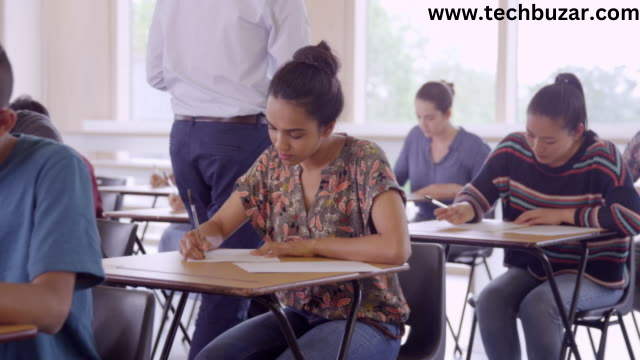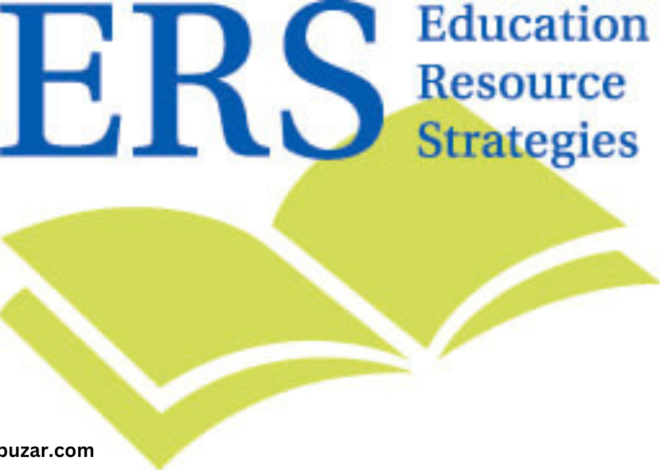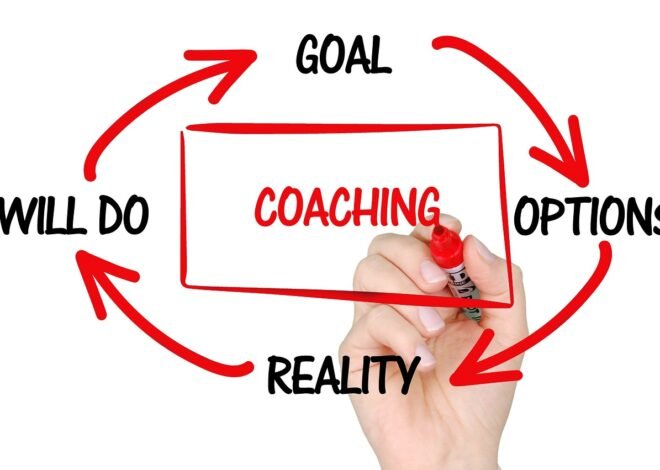
Educational Assessment News : Keeping Pace with 100% Learning Dynamics”
Educational Assessment News serves as a crucial tool for evaluating students’ knowledge, skills, and abilities. In today’s dynamic educational landscape, staying informed about the latest developments in assessment is essential for educators, policymakers, and students alike. This article explores recent advancements in educational assessment, their impact, and future trends shaping the field.
Recent Developments in Educational Assessment
Technological Advancements
In recent years, technology has revolutionized the way assessments are conducted. Online platforms, adaptive testing algorithms, and interactive simulations have made assessment more engaging and efficient.
Shift Towards Personalized Learning
Educators are increasingly recognizing the importance of personalized learning experiences tailored to individual student needs. Adaptive assessments allow for tailored feedback and learning pathways, promoting student success.
Changes in Standardized Testing
Traditional standardized testing methods are evolving to encompass a broader range of skills and competencies. Performance-based assessments, portfolios, and project-based evaluations offer a more comprehensive view of students’ abilities.
Impact on Students and Teachers of Educational Assessment News
Benefits of Updated Assessment Methods
Innovative assessment approaches empower students to demonstrate their understanding in diverse ways, fostering creativity and critical thinking skills. For teachers, access to real-time data enables timely intervention and personalized instruction.
Challenges Faced by Educators
Adapting to new assessment methodologies can be challenging for educators accustomed to traditional practices. Additionally, concerns about reliability, validity, and equity must be addressed to ensure fair and accurate assessments for all students.
Importance of Adapting to Changes
Embracing change is essential for educators to meet the evolving needs of students and prepare them for success in a rapidly changing world. Professional development and collaboration opportunities can support teachers in implementing effective assessment strategies.
Government Policies and Educational Assessment
Influence of Government Regulations
Government policies play a significant role in shaping educational assessment practices. Standards, accountability measures, and funding allocations impact the types of assessments used and their implications for teaching and learning.
Adoption of New Assessment Frameworks
Educational systems around the world are adopting new assessment frameworks aligned with twenty-first-century skills and competencies. Performance assessments, digital portfolios, and competency-based approaches offer more authentic measures of student learning.
Balancing Accountability and Innovation
Educators must strike a balance between accountability measures and innovative assessment practices. While standardized tests provide valuable data for accountability purposes, they should complement, not replace, more authentic forms of assessment.
Future Trends in Educational Assessment
Predictive Analytics and Big Data
Advancements in predictive analytics and big data offer insights into students’ learning trajectories and potential challenges. By analyzing patterns and trends, educators can tailor interventions and support services to meet individual student needs.
Integration of Artificial Intelligence
Artificial intelligence (AI) holds promise for revolutionizing educational assessment. AI-powered assessment tools can analyze large datasets, provide personalized feedback, and support adaptive learning environments.
Focus on Holistic Assessment Approaches
There is a growing emphasis on holistic assessment approaches that capture the complexity of student learning. Beyond academic achievement, assessments should consider social-emotional skills, creativity, and ethical reasoning.
Conclusion
Staying informed about educational assessment news is vital for educators, policymakers, and stakeholders invested in student success. By embracing innovative assessment practices, addressing challenges, and anticipating future trends, we can ensure assessments serve as catalysts for learning and growth.
FAQs
How often does educational assessment news change?
Educational assessment news evolves continuously as new research, technologies, and policies emerge. Staying updated through reputable sources and professional networks is essential.
How can teachers stay updated with educational assessment news?
Teachers can stay informed by attending professional development workshops, subscribing to educational journals, and participating in online communities dedicated to assessment.
Are there any risks associated with adopting new assessment methods?
While innovative assessment methods offer many benefits, there are risks such as potential biases, technological limitations, and resistance to change. It’s crucial to approach adoption thoughtfully and address challenges proactively.
What role does educational assessment play in curriculum development?
Educational assessment informs curriculum development by identifying learning goals, assessing student progress, and informing instructional decisions. It helps educators tailor curriculum to meet the needs of diverse learners.
How does educational assessment news impact students’ learning experiences?
Educational assessment news shapes students’ learning experiences by influencing the types of assessments used, the feedback they receive, and the skills emphasized in education. It can empower students to take ownership of their learning and strive for continuous improvement.


